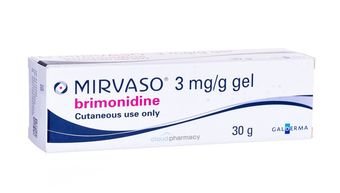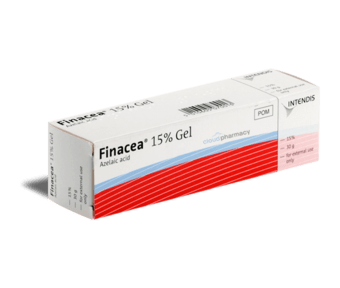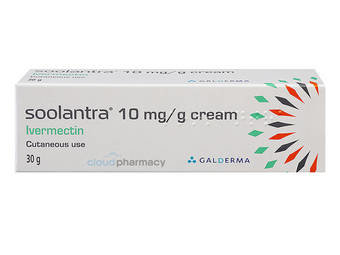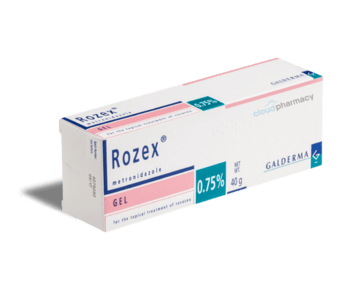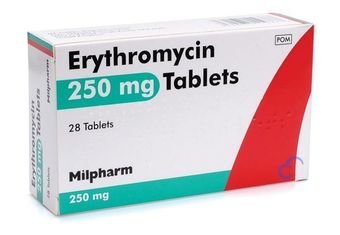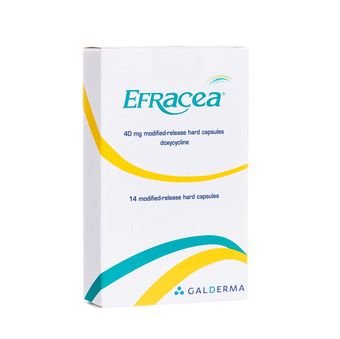Rosacea
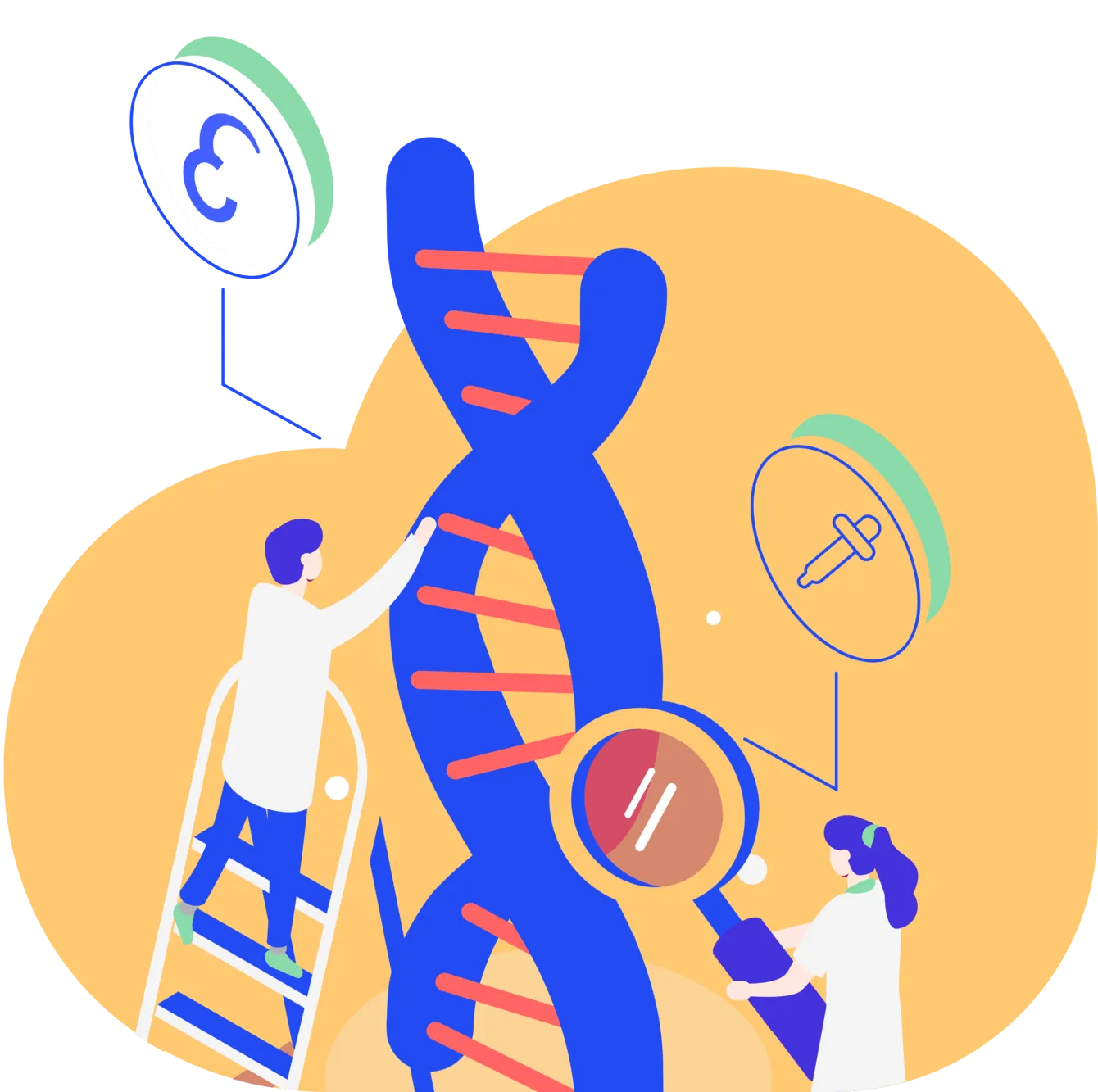
More information
Introduction
Rosacea is a long-term skin condition that mainly affects the face. It’s more common in women and people with lighter skin, but symptoms can be worse in men.
Treatments
More information
Once an online consultation has been been approved by our medical team, our pharmacy will safely prepare and ship your treatment to you in discreet packaging using Royal Mail or DPD.
What Is Rosacea?
Rosacea is a common but often painful skin condition that affects the face; usually the nose, cheeks, and forehead. It is often confused with acne, or other skin conditions like eczema and psoriasis.
It is a chronic condition with no known cure, though its symptoms can be minimised through proper treatment. There are four types of rosacea, each with its own specific symptoms, though in general, rosacea is typified by flushed and irritated skin with small pus-filled spots. Often there is pain or itchiness associated with the symptoms.
Types of Rosacea
It can be helpful to understand the type of rosacea you suffer from to receive the best treatment. The types of rosacea are:
- Erythematotelangiectatic rosacea: this is characterised by flushed skin, redness in the face and visible blood vessels
- Ocular rosacea: this is where rosacea affects the eyes and eyelids
- Papulopustular rosacea: this often results in the appearance of acne-like spots on the face. It usually affects women more than men, and symptoms can also include swelling and flushing
- Phymatous rosacea: this can cause thickened, bumpy skin
You should document your symptoms and talk to your doctor to ascertain the type of rosacea you are likely experiencing. It may help to make a diary of your symptoms before you visit your doctor so that you and they will have the best possible information available to help get you a diagnosis.
Rosacea Symptoms
There are many common symptoms associated with rosacea. The symptoms you experience can differ vastly from person to person. Some may suffer only mild symptoms, while others may experience debilitating pain or discomfort from their symptoms. Evidence suggests that rosacea more commonly affects those with a fairer skin tone, though there has not been adequate research into rosacea sufferers with darker complexions. This is in part because the symptoms of rosacea do not show up as readily on darker skin.
The most common symptoms that indicate rosacea include:
- Flushed skin, which may be similar in appearance to a blush and may be accompanied by uncomfortable warmth in the affected area
- Skin discolouration, which may look like a sunburn that doesn’t fade. This is due to blood vessels in the skin expanding
- Swelling of the skin, which can affect the nose, cheeks and forehead. Other areas can be affected by this, but it is less common
- Spots and bumpy skin, which can be acne-like in appearance
- Eye irritation, which is caused by rosacea affecting the eyelids and eyes. You may also find that you experience common eye issues such as styles more frequently
- Dry skin, which may feel itchy or inflamed
- Stinging when applying facial products
Not all of these symptoms will be present in all cases, but many people with rosacea will experience multiple of the above symptoms at once.
Rosacea Causes
The exact cause of rosacea is unknown, but experts believe it may be down to a number of factors. Genetics may play a part in causing rosacea, as those with close relatives that also have the condition are often more likely to develop it themselves. It could also be caused by abnormalities in the blood vessels.
Another possible cause is a common skin mite that lives on the skin of humans. In most people, these mites cause no issues, but people with rosacea have been found to have more than is usual of these mites present on their skin. There are also bacteria in the gut that may cause blood vessels to dilate, which could cause rosacea.
Rosacea Triggers
As anyone with rosacea will know, specific triggers can intensify and set off their symptoms. Often these triggers can be food or alcohol-related. It is best to cut any food or drink out of your diet that exacerbates your symptoms.
In addition, there are a range of environmental factors that can influence the symptoms of rosacea. These can include:
- Warm, humid and sunny weather
- Strong emotions such as stress, anger and embarrassment
- Hot baths or showers
- Illnesses
- Some medications
- Exercise
If you suspect that any of the above are triggers for your rosacea, it can help to adjust your lifestyle to help reduce your symptoms. You should also seek medical treatment and advice if you think your rosacea is exacerbated by another illness. Your doctor will be able to provide you with the treatment you need to manage your rosacea. You can also seek rosacea treatment advice from online pharmacies like Cloud Pharmacy.
Rosacea and Alcohol
Alcohol can trigger flare-ups of rosacea and make existing symptoms worsen. If you suffer from rosacea, it is often best to avoid alcohol entirely. Even in moderation, alcohol can negatively impact your rosacea. It is best to avoid all alcohol, including spirits, wine, beer and cider.
If you choose to drink alcohol, doing so in moderation can help reduce its effect on your skin, though there will still be some impact. You should also ensure that you prepare for the flare-up or worsening of the condition that will come after drinking alcohol.
Rosacea Food Triggers
There are many foods that may affect rosacea. Consuming hot beverages such as tea and coffee can worsen symptoms. You may also find that foods containing dairy can cause or exacerbate an outbreak. Spicy foods are also a common culprit for rosacea flare-ups, which is thought to be due to the presence of capsaicin. Capsaicin causes your skin to feel warm, which can have an effect on your rosacea. It is best to avoid spicy foods as much as possible to prevent aggravating your symptoms.
Foods with cinnamaldehyde have also been shown to aggravate the symptoms of rosacea. Foods such as cinnamon, citrus fruit, tomatoes and chocolate all include cinnamaldehyde. It may help to eliminate these foods from your diet to see if it helps with your symptoms. You could also keep a diary to help you better identify foods that can trigger your rosacea.
Diet for Rosacea
As mentioned above, there are a lot of foods that can aggravate rosacea. There are also some foods that may have a beneficial impact on your symptoms. You could consider taking a prebiotic or probiotic to help improve the health of your gut, as gut bacteria is one possible cause of rosacea. It may also help to take a multivitamin to ensure you are getting all the nutrients you need.
Eating a balanced diet is crucial for the health of your skin and your body. It is best to ensure you eat any junk food or refined sugars in moderation and remove all foods and drinks that worsen your rosacea symptoms.
Rosacea Treatment
The treatment options for rosacea include medications, diet (as mentioned above) and lifestyle changes. It is best to talk to a doctor or pharmacist to help you identify the best medicines for your particular symptoms. This could include anti-inflammatory medications to help soothe the symptoms.
You should also practice good skin care and always wear a high factor SPF. Getting sunburn can have a significant impact on your rosacea, as can sun damage over time. At Cloud Pharmacy, we provide a range of effective sun care treatments like Sunsense Ultra SPF50 to protect your skin from harsh UV rays and prevent rosacea from getting worse.
It may also be helpful to speak with a nutritionist or dietitian to help you make a balanced meal plan that includes all of the nutrients you need to help your gut and skin stay healthy.
Guides
How it works

First...
Complete a quick eligibility check

Then...
Order your treatment

Finally.
Fast, confidential delivery to your door
